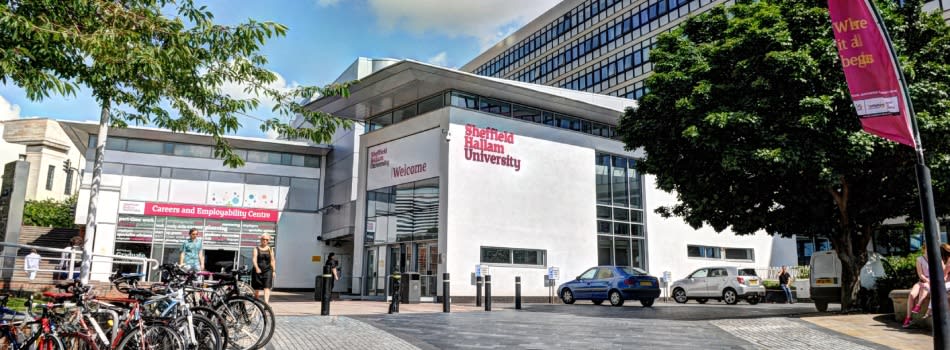About the Project
There has been some recognition that tourists simplify holiday decision making by breaking down the process into manageable steps: an initial decision to take a holiday followed by motivation/activities, destination choice and then tour package or transportation considerations (Nicholau & Mas, 2008). However, the general models of tourist decision making don’t acknowledge these stages or recognise the social context (Decrop & Kozak, 2009), the spontaneous nature of some decisions or their complexity (Decrop, 2014). Moreover, calls for greater emphasis on decision styles, constraints and judgement heuristics (Sirakaya & Woodside, 2005) have been largely ignored. As such, rationality continues to be either assumed or implied, which negates the role of emotion and intuition (Correia, Kozak & Tão, 2014). Consequently, there is a gap in knowledge about the mental processes involved, the interrelationship between psychological and contextual factors relating to how tourist decisions are made, and about the types of, and stages in, decision strategies employed.
Some research suggests that tourists may employ different choice strategies at each stage of the decision process driven by a range of factors in the choice context such as inertia (Niininen et al., 2004), risk/loss aversion (Williams & Baláž, 2014), information overload (Jun & Holland, 2012) and time poverty (Fullagar et al., 2012). Some strategies are complex, logical, utility driven and normative while others are driven by implicit thoughts and emotions which reflect informal and unstructured processes, and associative and intuitive reasoning (Gawronski & Bodenhausen, 2006). Both systematic/analytic and heuristic systems are subsumed within dual system theory (Kahneman, 2011; Chaiken & Ledgerwood, 2012), but this has also been neglected in tourism research (McCabe et al., 2015) despite many tourist decisions e.g. destination choice being characterized by large scale information availability, which may invoke the use of heuristics (Li, 2014). Moreover, previous research has identified a range of decision choice types including: compensatory or phased models (high involvement), conjunctive, disjunctive, lexicographic, elimination by aspects and frequency heuristics (low involvement), and brand loyal purchases, affect-referral heuristics and impulse purchases (experiential choice processes) (Bettman et al., 1998; Gigerenzer & Gaissmaier, 2011). However, we know very little about which processes are adopted in tourist decision making and about when, how and why they are used.
The research objectives include:
• Explore which system and types of decision strategies are used by different tourists in specific decision contexts at each stage of the process;
• Identify which factors affect the adoption of different approaches to decision making, including the influence of COVID-19;
• Identify the different types of heuristic employed when the intuitive system is adopted;
• Examine the variation in outcomes resulting from the use of different systems and approaches to decision making.
It is expected that a mixed-method approach will be adopted. The findings will advance understanding of tourist decision making theory and inform destination and tour operator management strategies at a critical time for the tourism industry as it recovers from the impacts of the pandemic.
Eligibility
To apply for a self-funded PhD, you will need to meet our entry requirements and provide:
1. fully completed Sheffield Hallam University application form
2. research proposal (4-6 sides of A4 in length).
3. transcript of marks from your highest qualification (we require a dissertation mark of 60+).
4. copy of your award certificates
5. two references, one ideally from an academic source. References must be supplied as recent letters on headed notepaper or on the reference section on the University’s application form.
6. Where English is not your first language, we require evidence of your English language ability to the following minimum level of proficiency. An IELTS score of 7.0 overall (with all component marks of 6.5 or higher), a TOEFL test with an overall score of 100 internet based (minimum component score of 23 in listening and reading, 26 in writing and 22 in speaking) or SHU TESOL English Language qualification (final overall grade of A with all components graded at B or higher) or a recognised equivalent testing system. Your test score must be within the last two years.
Information on entry requirements, tuition fees and other costs can be found here https://www.shu.ac.uk/courses/business-and-management/phd-sheffield-business-school-management-finance-service-sector/full-time
How to apply
Please submit your application to [Email Address Removed]
Please do not send any CVs

 Continue with Facebook
Continue with Facebook


